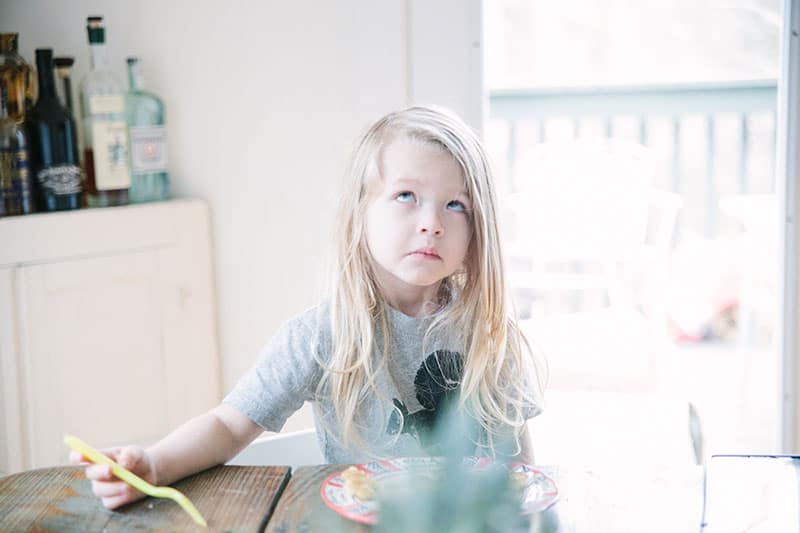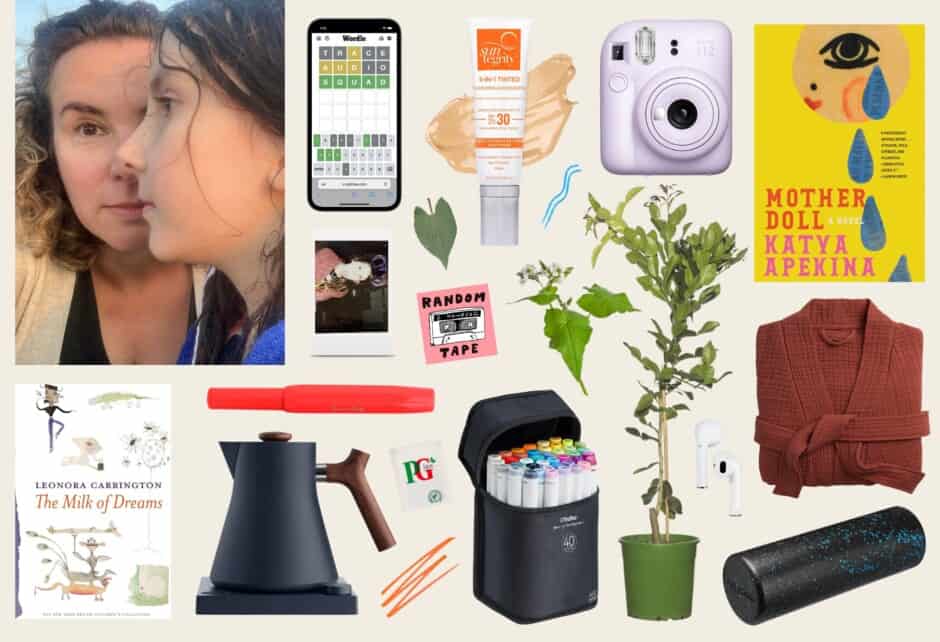
Teaching Kids Manners
Written by James Kicinski-McCoy
Photography by Photography by James Kicinski-McCoy
Manners—some kids have them, some kids don’t. Of course, it’s best to instill good manners at an early age, but often times, no matter how much you preach, some kids forget how to be polite and need to be reminded. We’ve collected a list of the most important manners to teach and re-teach your children, over and over again.
Hello and Goodbye. Knowing how to properly greet someone is one of the easiest manners you can teach your child. It’s also one of the most commonly used. Try greeting your son or daughter each a.m. by saying “Good morning” when they wake, and say “Goodbye” sweetly when your spouse or friends leave the house.
Please and Thank You. Try to overly use your “Please” and “Thank You” with your child. This will get them comfortable with using these very important manners anytime they want something. Make sure to praise them every time they use these words to express gratitude.
I’m sorry. Being apologetic is a bit more complex, but still easy to encourage at an early age when situations arise. Taking the blame can be tough for kids. When a child behaves badly or makes a mistake, ask for an apology, and follow up with a “thank you.” When kids are small they are usually not thinking about whether what they are doing is wrong or right, so it’s important as parents to step in and remind them to take responsibility for their actions.
Don’t interrupt. Teach kids that it’s not okay to interrupt a conversation unless it’s an emergency. And if and when doing so, to politely say “excuse me”.
Behaving in public. There is not much worse than your kid having a meltdown in public. Kids have no shame when it comes to tantrums, and as parents we need to realize that it’s going to happen from time to time. This is where our own manners come into play and we practice extreme patience. We can also help keep our kids on their very best behavior by not responding to bad behavior. Of course, we don’t mean to ignore the kids and let them wail away, but get down to eye level and calmly let them know that you’re listening. This gives kids time to relax and realize that their tantrum doesn’t work. Make sure to praise your child for good behavior—always.
Ask permission. Kids tend to always want, want, want. Teach them that they need to ask adult’s permission for things. Want a snack? Ask permission. Want to go outside? Ask permission. Want to play with that thing that’s not yours? Ask permission. Make sure you also teach kids that just because they ask for permission doesn’t mean they are always going to get a “yes” in response. And, if they are to take or do something without permission, it will result in consequences.
Positivity and negativity. Kindness and sensitivity are some of the most important qualities you can teach your child. Kids must know that mean thoughts are to be kept to themselves, and if you don’t have something nice to say, don’t say anything at all. It’s very important that you, yourself, remain a positive influence in this situation and model good behavior. It is also important to teach children not to make comments on people’s appearances—unless of course they are giving a compliment. Those are always welcome and can make people feel good about themselves.
Listening. Learning how to listen is an important life lesson and also a sometimes one of the hardest ones for children to grasp. Remind kids over and over again the importance of listening when being spoken to and that in return others will do the same when they are talking.
Knock, knock. Teach kids to knock before entering a room with a closed the door. This is a great gateway lesson into teaching about privacy. Make sure to practice what you preach and in turn knock on your child’s door before entering their room, especially as they get older.
Cover your mouth. Covering your mouth when coughing or sneezing is a good thing to have your child practice so they don’t spread germs. This simple rule is not only polite, but also helps keep everyone healthy.
Parents, remember to practice what you preach, accentuate the positive, be consistent, and always reward great behavior and express gratitude. Your kids will be using good manners in no time!
Share this story



